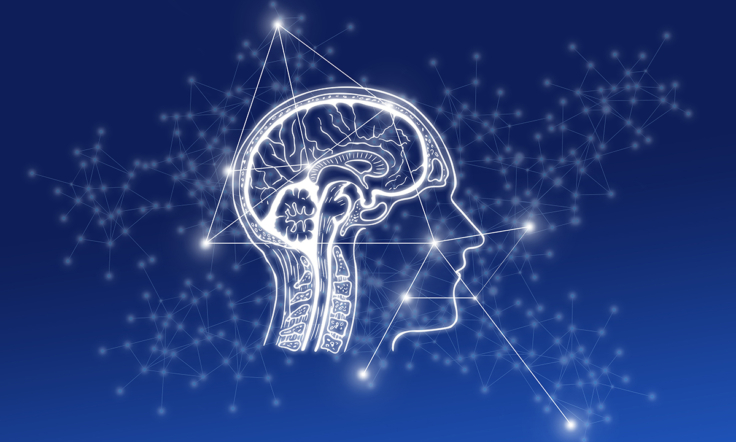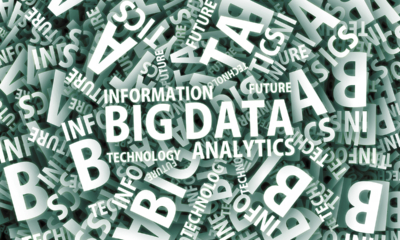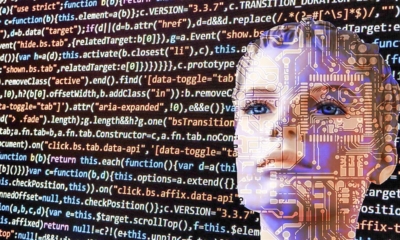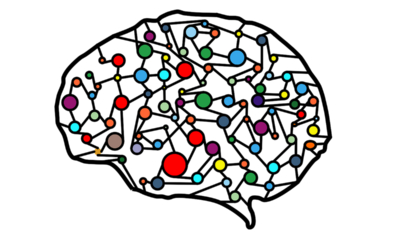
People observe their environment throughout their lives and thus they learn. Machines can likewise learn from the environment and think on their own. Simulating human intelligence by machines (especially computer systems) is called artificial intelligence.
Artificial intelligence is a sub-branch of computer science aimed at making computers completely intelligent. Thanks to artificial intelligence, systems that imitate, think, learn and act like a human can be created.
human takes variables into consideration and makes decisions based on their experience. Artificial intelligence also turns inputs (experience) into outputs (action) by imitating human reasoning.
Artificial intelligence uses machine learning to imitate human intelligence. Algorithms play an important role in the structure of artificial intelligence. The computer uses the history data and predefined algorithms to determine how response to actions
Artificial intelligence is mainly used to reduce dependence to humans and save time. Artificial intelligence processes large amounts of data much faster and can predict with high accuracy.
Even though the machines that are developing more and more every day seem to be ready to take over all the processes in production, people still have to do the majority of the work.
Artificial intelligence uses in many different applications such as games, expert systems, display systems, speech recognition, handwriting reading and smart robots.
Artificial intelligence is constantly evolving to benefit different sectors.
Modern lighting control systems include a range of sensors such as motion, presence, brightness and temperature. All these sensors are used to apply predefined rules.
Lighting control systems can be developed with the help of artificial intelligence.
For example, data from temperature sensors can provide information about the number of people in the room. Similarly, differences in energy consumption may clue how areas are used. By interpreting all these data collected with artificial intelligence, it is possible to manage the lighting system and reduce electricity costs.
Although applications in the field of artificial intelligence have increased rapidly in recent years, limited progress has been made in areas such as lighting and building management. Artificial intelligence has the potential to positively affect user comfort and well-being, while maximizing profitability in the lighting industry.





